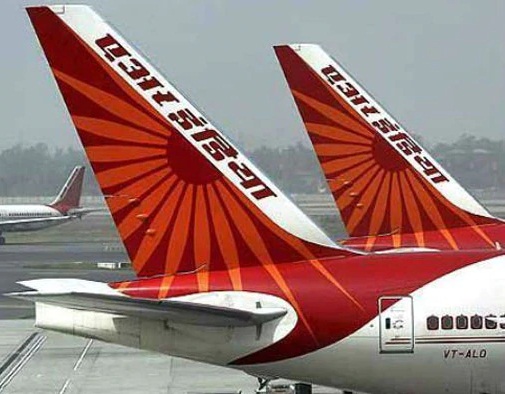Parmita Uniyal
New Delhi: Claiming to have found a financier to support their bid, over 200 employees of Air India would submit expression of interest (EoI) today for the sale-bound national carrier.
The group of employees includes a board member besides executives at junior and middle level. The deadline for submitting initial bid ends on December 14, 2020.
“We will submit EoI today on part of 219 employees. We have found a financier who is going to support our bid. The group of employees include office assistant to board member,” a senior airline official told Top Lead India (TLI).
TLI was the first to report about airline employees mulling to bid for the airline.
A senior airline member participating in the bid said that the decision was purely business and there was no emotions attached with it. He said that since government has watered down the bid conditions in favour of the prospective buyers, it made sense for the staff to make the attempt.
“If government will remove all the debt from the airline books, anyone with experience and expertise in airline business can run the show. It was the annual interest payment which was causing losses. Operationally, the airline has been making profits barring a few patches of adverse phase,” the executive quoted above said.
Ever since the government invited global bid for selling 100% of its stake in the airline and its low-cost subsidiary Air India Express, the liability for prospective buyers post divestment has been considerably reduced.
In the latest move to make offer lucrative for private parties, the government in a late October announcement said that the financial bid criteria for the competitive bidding process for the proposed transaction will be the enterprise value of Air India and its subsidiary Air India Express and also ground-handling venture AISATS.
Initially, the bidding criteria was to be equity value. Enterprise value of a company includes the equity value, debt as well as cash held by it. Equity value refers to the value of a company’s shares.
Announcing the change in bid parameters on October 29, Aviation Secretary Pradeep Singh Kharola had said, “The bid will be on the enterprise value… In this enterprise value also, a ratio has been earmarked between how much he (bidder) can take as debt and how much he has to give as cash.”
Accordingly, whatever enterprise value the prospective bidder quotes, 15% of that has to be given in cash to the government and the balance 85% has to be taken as debt along with Air India.
Air India had a total debt of Rs 58,255 crore as on March 31, 2019. During the year, the debt of Rs 29,464 crore was, however, transferred from Air India to a government-owned special purpose vehicle called Air India Assets Holding Company Limited (AIAHL).
Consolidated business of Air India group in the past had a mix of real-estate and aviation interests. As part of its disinvestment plan, the government is now carving out real-estate assets and other businesses which are not integral to the core airline business into a separate SPV along with part transfer of certain debt and liabilities thereby resizing the balance sheet.
After it failed to sell Air India in 2018, the government in January this year restarted the divestment process and invited bids for selling its entire 100% stake instead of 76% on the block earlier. This time the government is determined to dispose off the national carrier, referred at times as the Jewel, despite resistance from various political quarters.
The ruling BJP’s own MP and anti-corruption champion Subramanian Swamy has threatened court proceedings against the government if it continues with the divestment of the flag carrier.

